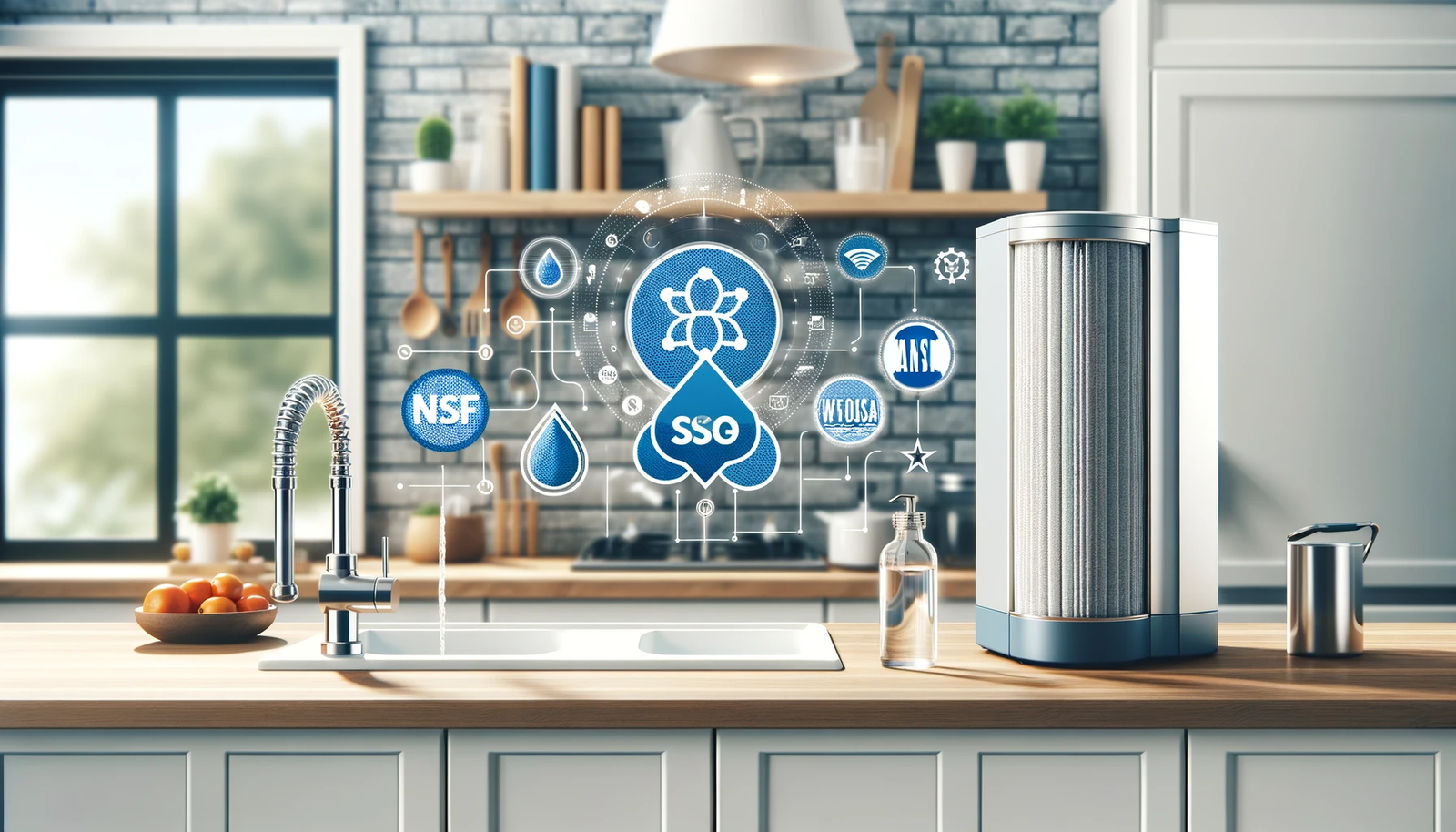
Water is essential for life, yet access to clean and reliable water sources is not always guaranteed. From droughts that can last for years to sudden disasters like hurricanes or earthquakes, having a backup water storage system in place can make a huge difference in ensuring you have a sufficient supply of water when you need it most. In this article, we will explore the benefits of backup water storage and why it is important to have a reliable water supply in times of need.
The Importance of Backup Water Storage
1. Water Security
- Ensures access to clean drinking water during emergencies or when regular water sources are compromised
- Provides peace of mind knowing you have a reliable supply of water for you and your family
- Helps to mitigate the impact of water shortages during droughts or disasters
2. Emergency Preparedness
- Allows you to be prepared for unexpected disasters such as hurricanes, earthquakes, or power outages
- Reduces the need to rely on external sources for water in times of crisis
- Ensures you can stay hydrated and maintain good hygiene even when access to clean water is limited
Types of Backup Water Storage
1. Rainwater Harvesting
- Collecting rainwater from roofs or other surfaces for later use
- Can be stored in tanks or barrels for use in gardening, flushing toilets, or other non-potable uses
- Provides a sustainable and cost-effective way to supplement your water supply
2. Water Wells
- Drilling a well on your property to access groundwater for drinking and other purposes
- Requires regular maintenance and testing to ensure water quality
- Provides a reliable source of water independent of municipal water systems
3. Cisterns and Storage Tanks
- Large containers used to store water for later use
- Can be installed above or below ground depending on space and environmental considerations
- Available in various sizes and materials to suit different needs and budgets
Considerations for Backup Water Storage
1. Water Quality
- Regularly test and treat your stored water to ensure it remains clean and safe to drink
- Use food-grade containers and materials to prevent contamination
- Monitor water levels and conditions to prevent stagnation or bacterial growth
2. System Maintenance
- Inspect and clean your storage tanks or cisterns regularly to prevent buildup of sediment or debris
- Check for leaks or damage that could compromise the integrity of your water storage system
- Replace filters or other components as needed to maintain water quality
Conclusion
Having a backup water storage system in place is essential for ensuring water security and emergency preparedness. Whether you live in an area prone to droughts or are at risk of natural disasters, having a reliable supply of water can make a significant difference in your ability to stay safe and healthy during times of need. By investing in backup water storage solutions such as rainwater harvesting, water wells, or storage tanks, you can ensure you have access to clean water when you need it most. Remember to prioritize water quality and system maintenance to keep your backup water supply in optimal condition. Stay prepared, stay hydrated, and stay safe!

